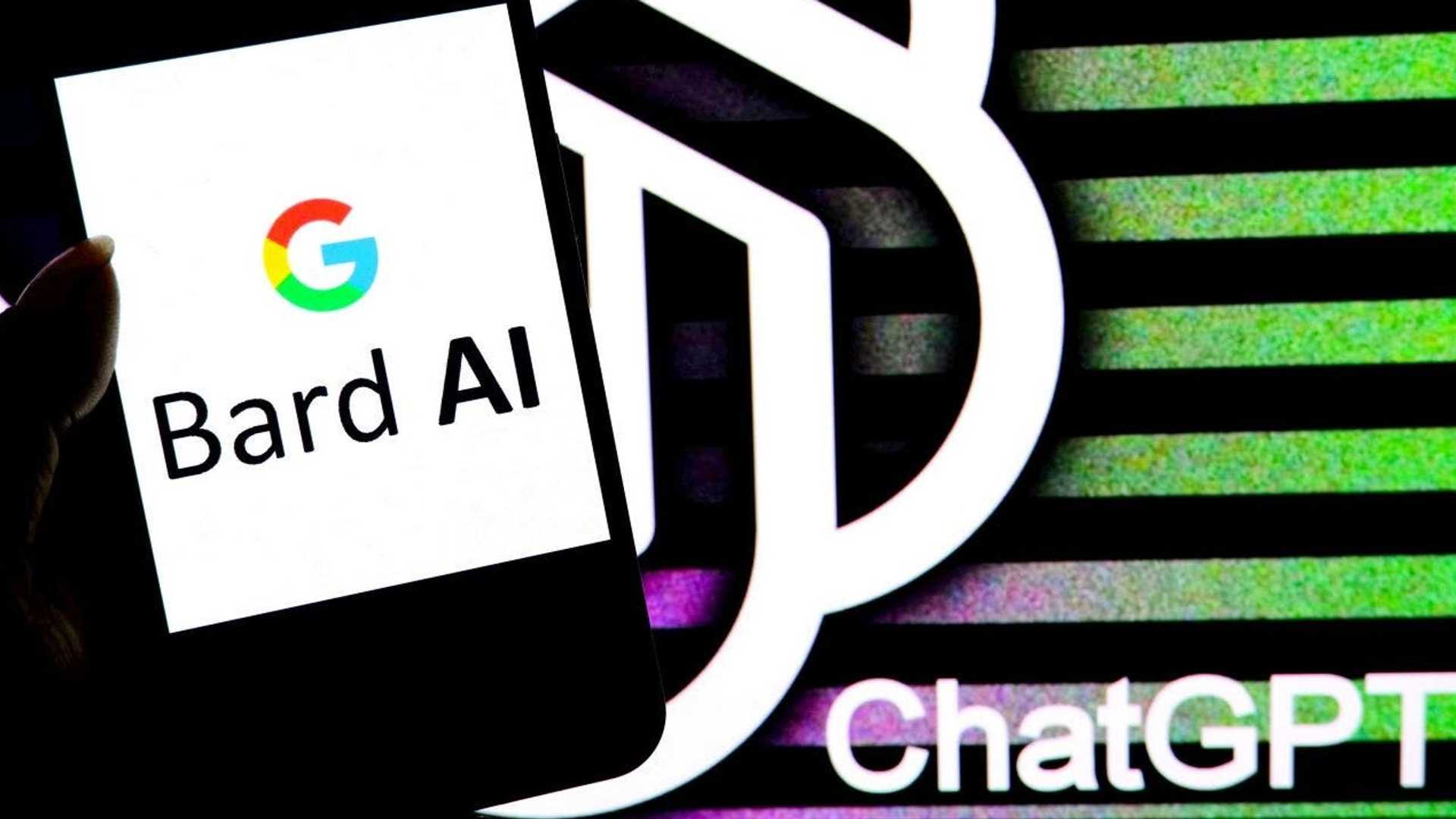China to Require ChatGPT-style Bots to Comply with Communist Party's "Core Values"
Chinese regulators will soon enforce new rules mandating AI chatbots, including ChatGPT, to endorse the Communist Party's "core values," and to abide by the country's strict censorship rules. The Cyberspace Administration of China has also demanded that developers of chatbots must ensure that their creations respect intellectual property and do not spread falsehoods.
To comply with the new regulations, chatbot creators must register their AI's algorithm with the government and prohibit their AI from disseminating information that undermines "state power" or national unity.
While OpenAI, the developers of ChatGPT, have implemented limitations to restrict their bots from discussing certain topics, China's new requirements are far more stringent.
Stringent Regulations
The new regulations in China come at a time where governments across the world are grappling with the emergence of AI systems. Unlike the European Union that has proposed an Artificial Intelligence Act to govern AI systems, US lawmakers are yet to develop comprehensive regulations on AI.
Despite calls from some AI experts to pause development until safety measures are established, others argue that it would only allow China's competitors to catch up and potentially overtake Western companies.
Competitive Market
A Chinese tech firm, SenseTime Group, unveiled SenseChat that appeared to show the bot having capabilities similar to ChatGPT, earlier in April. The US has sought to limit China's ability to develop effective AI by banning the sale of AI accelerator chips to Chinese companies.
Conclusion
The new regulations that China intends to enforce soon will require AI chatbots, including ChatGPT, to register their algorithms with the government, to endorse the Communist Party's "core values," and to comply with existing censorship rules. The move comes amid a fiercely competitive global AI market and a lack of comprehensive regulation on AI by the US government.




















